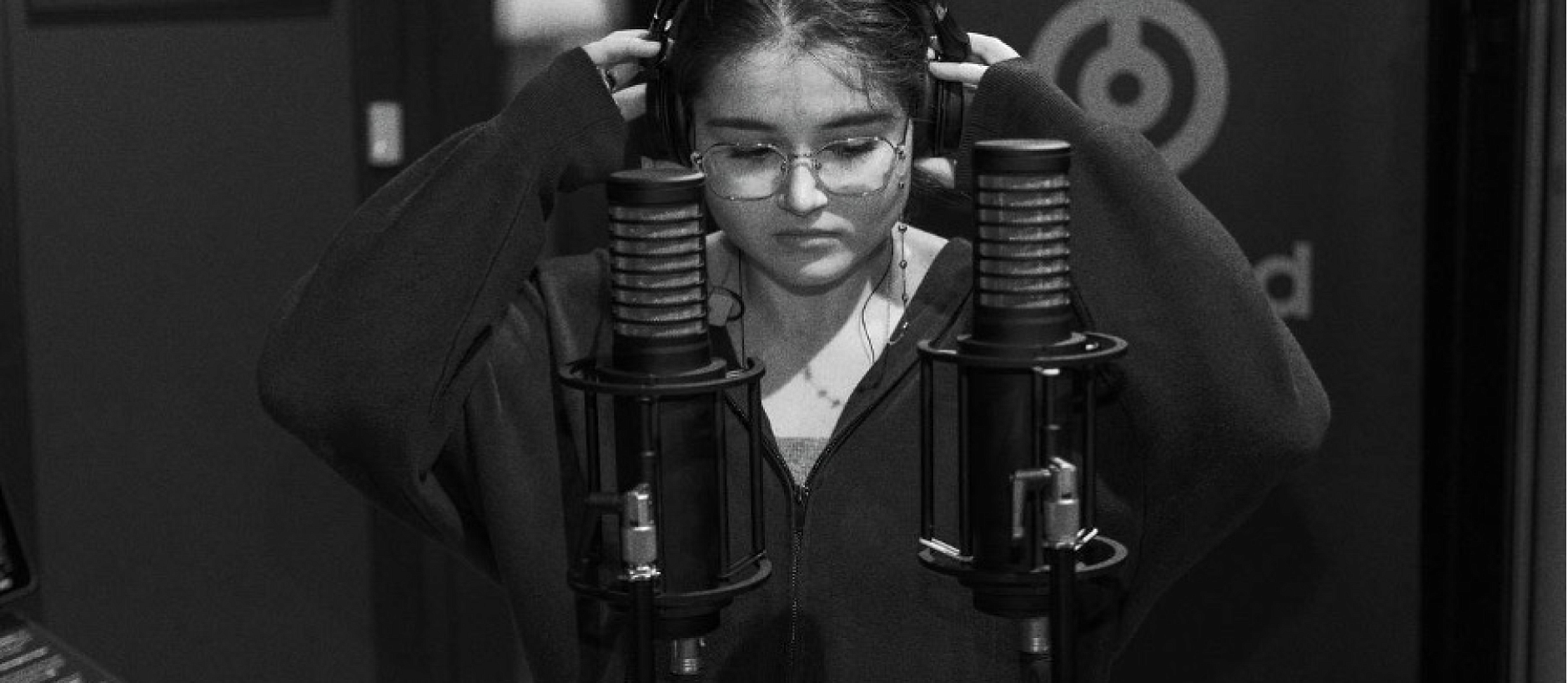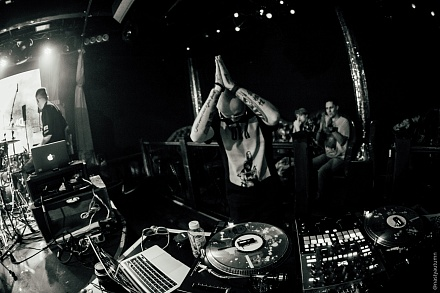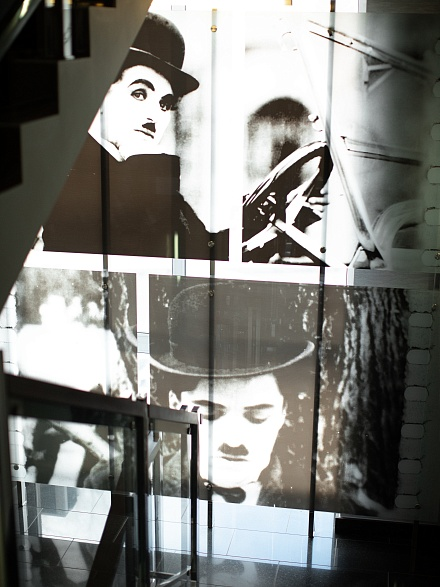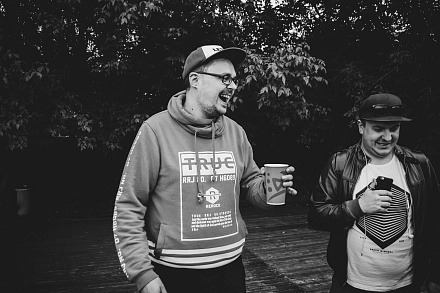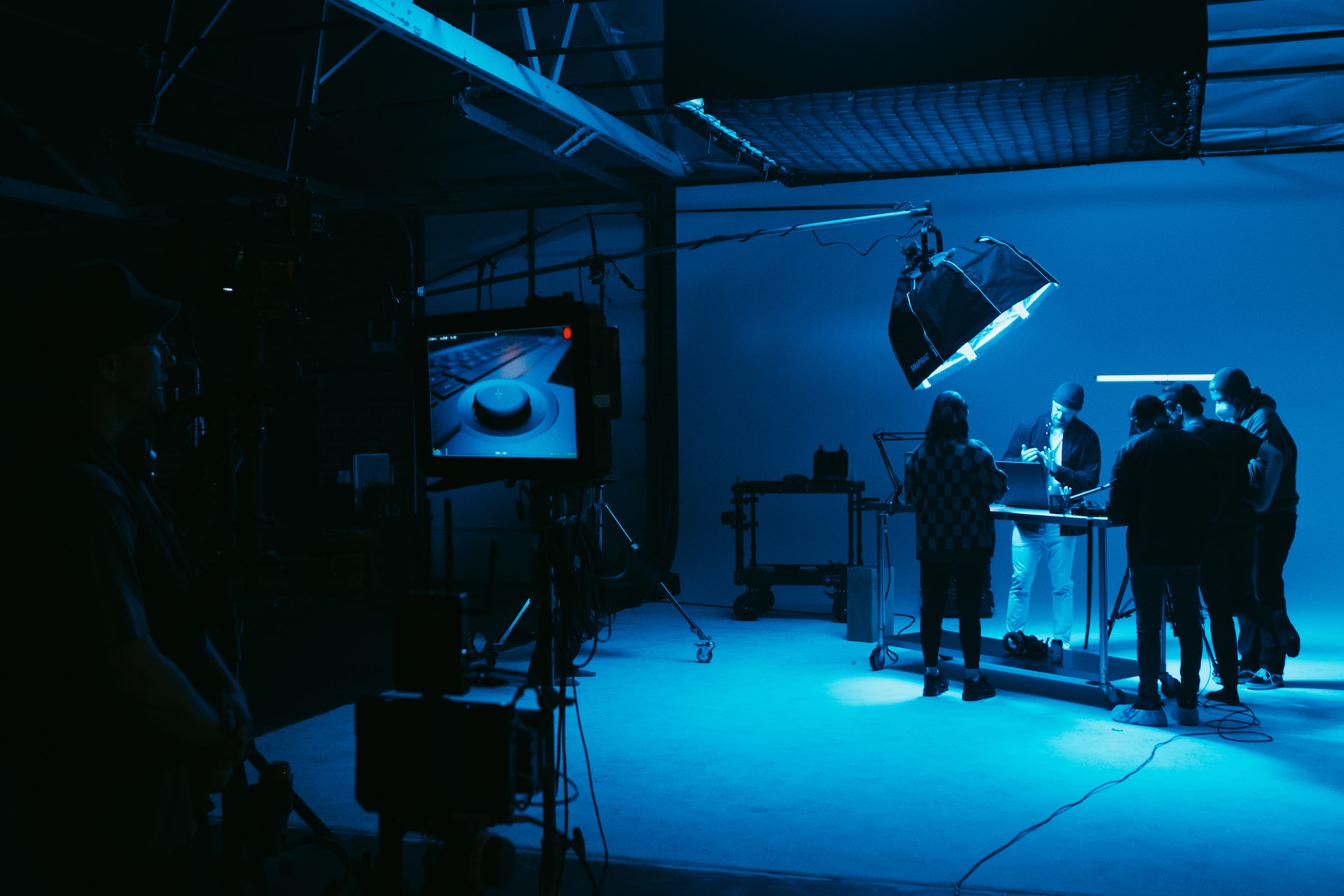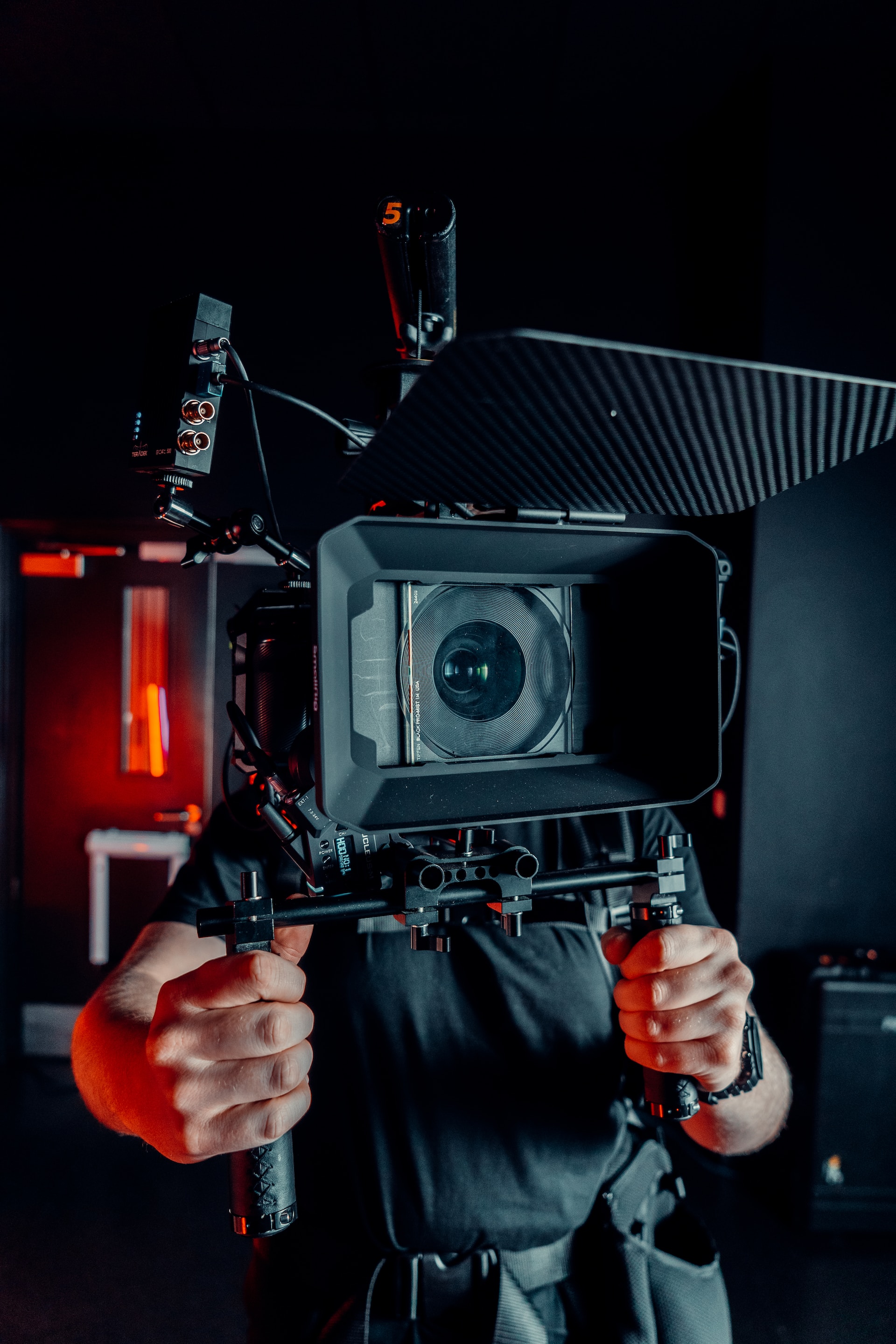Ksyusha Khokhryakova, the vocal producer of the Voice of the Big Country studio, explains the essence of her profession, dispels myths, instills confidence and explains why this service will definitely be useful to every client of the studio.
⚫️ What is the main point of vocal production?
Vocal production is not a vocal lesson. It’s not where you learn how to sing. These are the tools that help to capture your voice in all its glory. A vocal producer is needed to ensure that your vocal apparatus works at its best.
It often happens that the voice is great, the topline (the main vocal melody) is also spotless, and even the arrangement is absolutely amazing. But it just doesn’t jell in the end. This is when you need a vocal producer who will make suggestions, help you embellish, find your unique sound and reveal your individuality.
⚫️ Why do you need to go to a studio for vocal production? Why can't you do it at home?
You can do it at home! No one can stop you from producing yourself.
The question is: do you have the knowledge, skills, experience and an ear of a studio producer? Sometimes an artist is a true DIY genius and makes all the right choices. But more often all of it comes with experience. And it is extremely difficult to achieve this without proper expertise.
You go to a studio to get the best result and to work with another person (a producer), whose job is to hear and listen to you. The producer doesn't care about your stage costumes or retraining your voice. This is a professional who works with what you brought at this very moment. And helps to turn the material into the highest quality recording possible. This person is your assistant, your ears, your voice.
⚫️Why does a vocalist have to work with a vocal producer simultaneously and can’t “just record a track”, and then the producer will “do everything after”?
The work of a vocal producer consists of several stages. You come to the recording session and record a rough draft, which will most likely be far from perfect (and that’s okay). Then the producer analyzes the recording and decides what needs to be corrected and/or changed.
His job is to analyze the live recording itself, which can be paused in order to make any immediate changes. So the process includes a dialogue, an analysis, first attempts and a savvy outsider’s opinion. The goal is to get the best result of your creative process. The only thing a producer can “do himself” is control the alignment of vocals and tuning.
Let's dispel the myth that ‘vocal production’ is just a fancy word for auto-tune.
Auto-tune is neither bad nor good. It’s just the music’s answer to Photoshop. It helps to remove some inaccuracies and bring the voice to perfection. While producing is so much more: it offers assistance in recording, conducting, analysis and, again, dialogue. Auto-tune is just an option.
Of course, we are not talking about a specific style of singing, where auto-tune is required (music of Travis Scott, T-Pain and others).
⚫️ Does it make sense to invite your vocal coach (if you have one) to a studio?
Yes, but it may lead to some disagreements with the producer. The teacher’s task is to correctly produce sounds according to the rules of his vocal school/methods. The producer's task is to record the best version of the material for further work.
⚫️ What does the process look like if the singer/vocalist is not alone, but, for example, came with backing vocalists or if it is a singing group?
If we are talking about a vocalist with backing singers, first you record the topline of the lead singer. Although it all depends on the situation and the idea of the track...
The work of a producer will still be similar, as with solo artists. The only difference is that the producer will work to ensure that all the voices match in sound, diction and intonation.
A singing group is both more complex and simpler. When such a collective arrives, and its material is rehearsed and sounds smooth, the producer will simply need to listen and monitor the overall message, performance and other more subtle details.
But if we are talking about a young lineup or session singers assembled for one recording, the task becomes more complicated. Either they will be recorded in groups (soprano, alto, tenor, baritone, bass), or separately and then tuned so that everyone has a combined sound zone (note range) and intonation. It is also important to remember the individual timbres of each vocalist.
⚫️ Any tips before a studio session? For example, any breathing techniques?
If you are recording in winter, arrive half an hour before your recording. Of these 30 minutes at least 15 will be spent on allowing your vocal apparatus to warm up and get used to the temperature in the studio. Take water with you: dry mouth and dehydration are your worst enemies.
Breathing techniques are only needed if you have been running (to calm your breathing). But then you will still need the same 15 minutes for the vocal apparatus to rest and adapt.
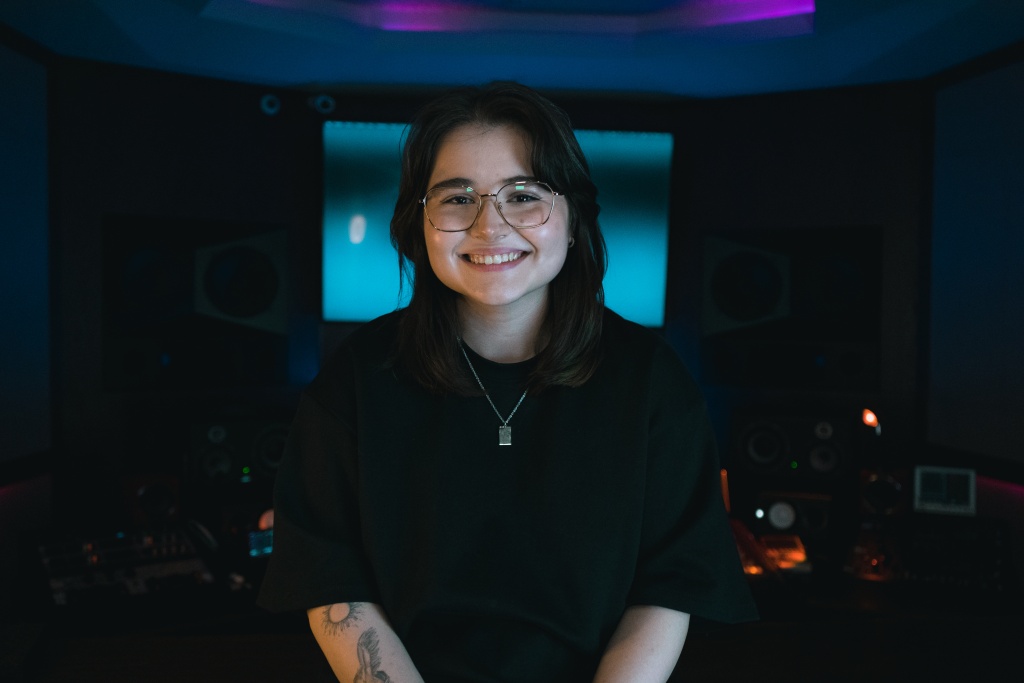
⚫️ What advice do you give to artists to help their voice really stand out and sound unique?
Don't tense up, relax. Everyone in the studio, be it producer, recording engineer or manager, is your friend (spoiler alert: they are also interested in getting the best recording possible!).
Probably the most important thing in our industry is to be able to reveal your individuality. What do you really feel at this very moment? What are your true emotions? What are you trying to say when you’re singing? What message do you convey with your music? Good news: to get your message across, you don't have to sing perfectly.
⚫️ Is it possible to make any edits in the track after you’ve left the studio?
You can always edit something in your track, because your perception of the track may get blurry from repeating the same lines 5-7, or even 10 times.
It’s better to record, listen to the demo, take a break for a couple of days and then listen again with “fresh ears.” And then it will be clear whether the vocal part needs any edits.
Useful tip: always remember that a demo is not the final version of the track with vocal alignment, mixing and mastering.
⚫️ Is there any professional slang and words that a person who is going to a vocal producer for the first time needs to know?
No. All important words and concepts will be explained to you and “translated” during the process. Working on a record with a producer is a kind of learning experience.
